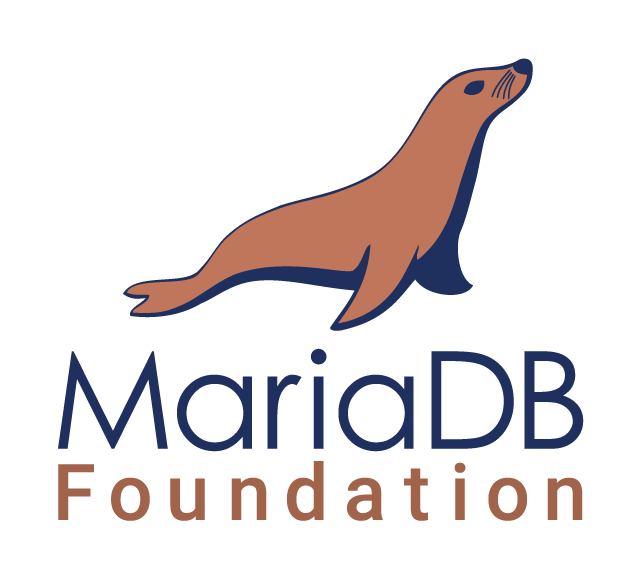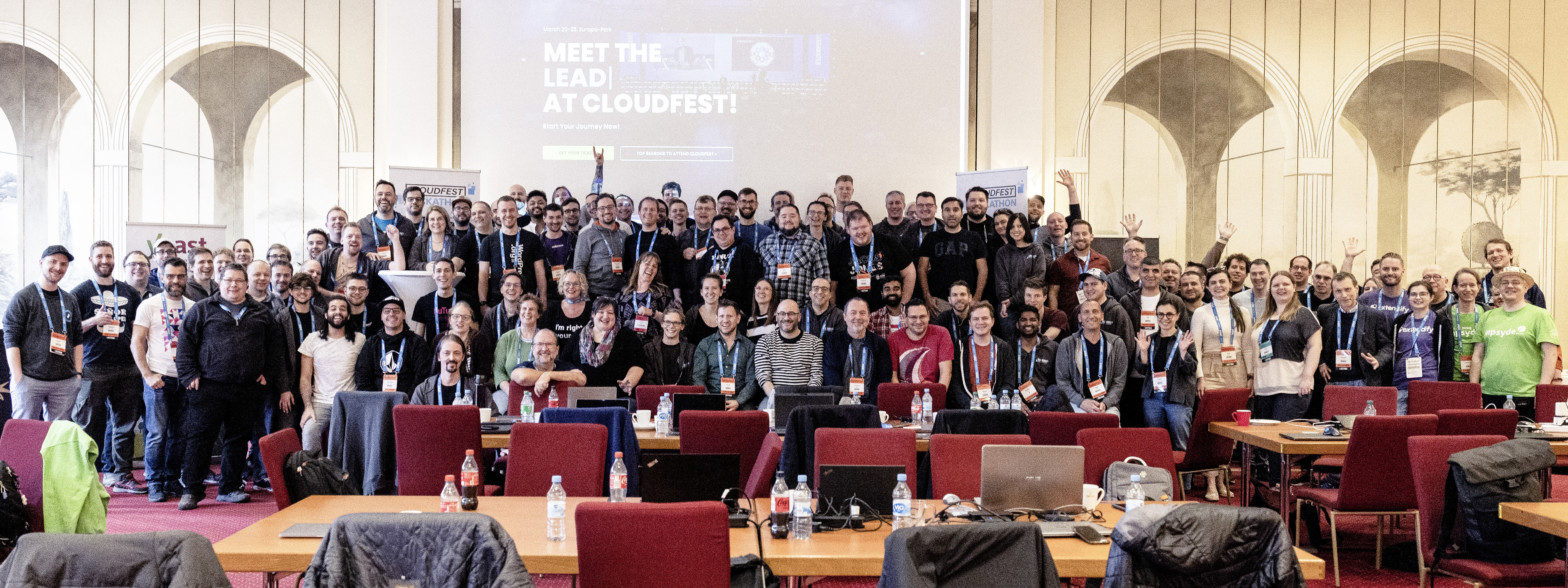Author Archives: Andrew Hutchings
Several members of the MariaDB Foundation team were at CloudFest a couple of weeks ago and just before that I was part of the CloudFest Hackathon. In particular I was leading a team for a project implementing MariaDB health checks in WordPress. But, this project is not what I’m talking about today. Today’s story involved a conversation shortly after the event.
Wapuugotchi story
Today I want to talk about another Hackathon project called Wapuugotchi and discussions that happened after the Hackathon. The Wapuu is the mascot for WordPress and the amazing team for the Wapuugotchi project made a Wapuu for every organisation represented at the Hackathon.
…
On the 18th – 20th of March there was a Hackathon before the CloudFest conference. This had 11 projects and well over 100 participants every team producing something great. In fact, thanks to the Hackathon, there is a new MariaDB Health Checks plugin available for WordPress.
(more…) …
Continue reading “MariaDB Foundation at CloudFest Hackathon”
Due to a catalogue of issues our previous quarterly update for developer metrics was not published. This time, however, we have made quite a few changes. In this post, we will summarise 2022 and what has happened in the first couple of months of 2023. All the data for this blog post can be found in CSV format in the release section of the MariaDB Metrics repository, along with everything you need to generate the metrics yourself.
Changes to metrics gathering
For the main commit metrics, we use a tool called “GitDM” or Git Data Miner which was developed for the git kernel trees to group commits by people and organisations.
…
Continue reading “MariaDB Contribution Statistics, March 2023”
The Google Summer of Code is a fantastic program that pairs new contributors up with mentors and pays them to work on open source projects.
MariaDB has been part of Google Summer of Code for 10 years and we are happy to announce that we are officially part of the program this year, too!
Traditionally, GSoC has only been open to university students, but now it is available to anyone! I’m a big fan of this, because talented people who do not have the opportunity to go to university can get involved. It also benefits those who are working towards a change into a career in software development.
…
I’ve mentioned in past blog posts that not every contribution is a code contribution. There are many possible contributions that are valuable, including testing, bug reports, helping the community, etc.
Non-code contributions are quite invisible
Unfortunately, non-code contributions are sometimes invisible to the wider community, so today I wanted to shine a light on some such contributions. In this case, contributions made by one of our sponsors, Intel.
Intel is open source friendly
Intel have been an open source friendly company for a long time. But have recently pushed harder than ever towards open source, even giving their first ever new Innovation Award to Linus Torvalds.
…
I’m going to start this blog post by saying that I made a mistake, a mistake that means all of the metrics blog posts so far have been made with erroneous data. As part of our openness value I will give a post-mortem of the issue here.
Metrics generation
Before we look into what went wrong, I first need to give a bit of background. The commit metrics are generated using a tool called “gitdm”, this is a “Git Data Miner” that was designed to generate commit statistics for the Linux Kernel. Our fork of this is in the metrics repository which includes some customisations that fit MariaDB Server’s needs better.
…
Yes, it is a bit of a click-bait title, but in this case running one SQL command did improve a community user’s performance by that much. It could help you too.
The story
A community user posted in a couple of places that when migrating a large WordPress installation to MariaDB that they were seeing a certain query performing terribly. The query was taking 1.5 seconds to execute and it was clear from the explain plan that the optimizer was not making an ideal decision about the join order.
The query was generated by WordPress so it would not be easy to force an index, or rewrite the query.
…
Continue reading “This one trick can make MariaDB 30x faster!”
Last month we provided contributor statistics for the last few years. We have had some fantastic feedback from this so today we are presenting you with another drop of contributor statistics for the last month. Normally we would be doing these quarterly but there are so many extra things to report that we decided to do a bonus one now.
Some key things have happened in the last month which affect the data, the first is that MariaDB 10.11 has had a preview release. Which means there has been a flurry of activity around this.
…







